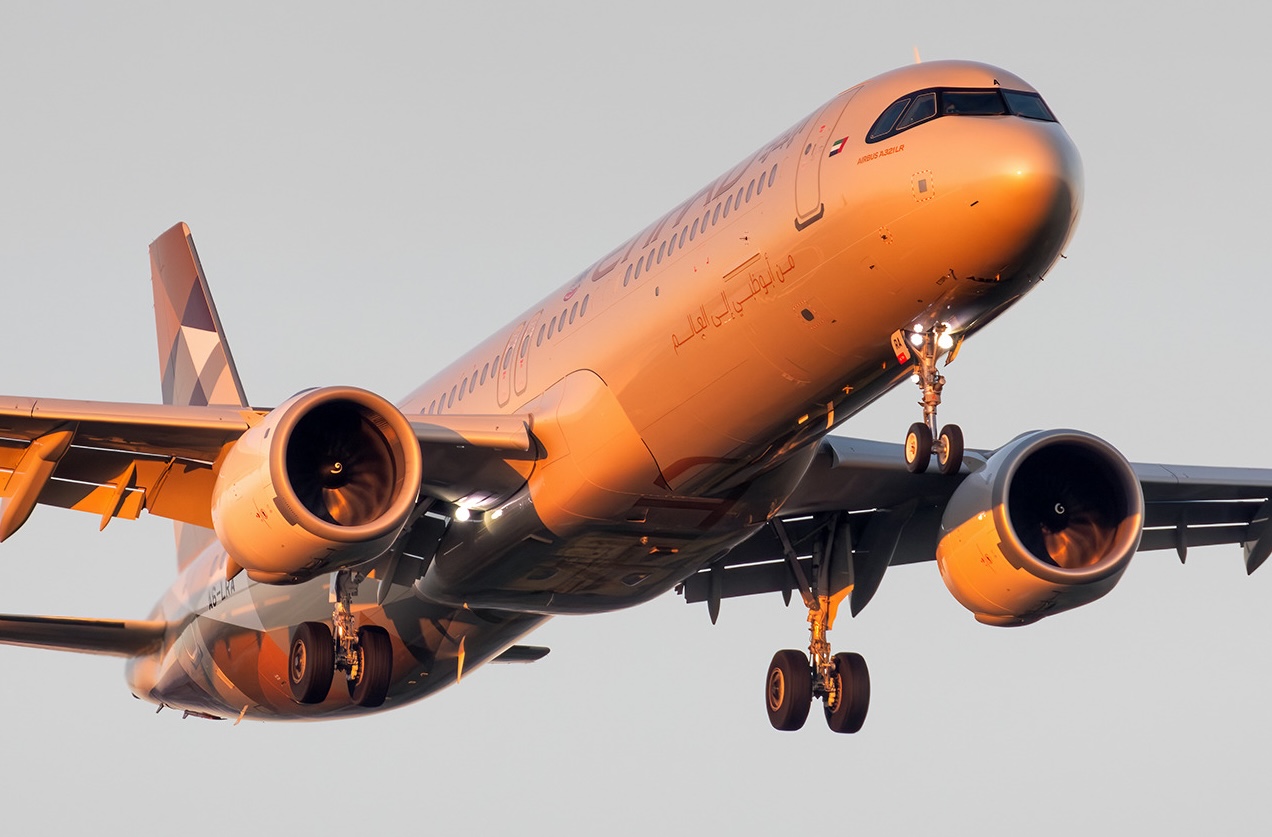By Steve Creedy
Published Mon Jul 24, 2017
The US Department of Homeland Security has lifted its controversial ban on large personal devices for all airlines.
The DHS said all 180 airlines and more than 280 airports offering direct flights to the US had implemented the first phase of enhanced security measures announced in June by Secretary John Kelly.
This included the 10 airports and nine airlines from the Middle East and North Africa caught up in the original ban announced in March.
“There are currently no airlines under restrictions for large personal electronic devices,’’ the Department said in a statement. “Airlines worldwide have implemented additional security measures that ultimately make the global aviation community more secure.
“The quick and decisive action taken by airlines, nations, and stakeholders is a testament to our shared commitment to raising the bar on global aviation security.”
The US sparked an international backlash when it introduced the so-called laptop ban and then suggested it might expand it to Europe and other parts of the globe.
Strong lobbying by the European Union and opposition by airlines and the travel industry resulted in the announcement in late June of tougher security measures.
These included a boost to overall passenger screening, heightened screening of personal electronic devices as well as increased security protocols around aircraft and in passenger areas.
Airports will also be expected to deploy advanced technology, expand screening by dogs and establish additional pre-clearance locations for travellers heading to the US. These allow international travellers to go through US customs and border security before boarding their flights.
The DHS warned those who failed to adopt the requirements within “certain time frames’’ ran the risk of additional security restrictions being imposed.
The International Air Transport Association welcomed the move to impose the requirements as an alternative to the laptop ban and said it would work with the DHS on a phased implementation of the new measures
Have questions or want to share your thoughts?
Get In Touch




